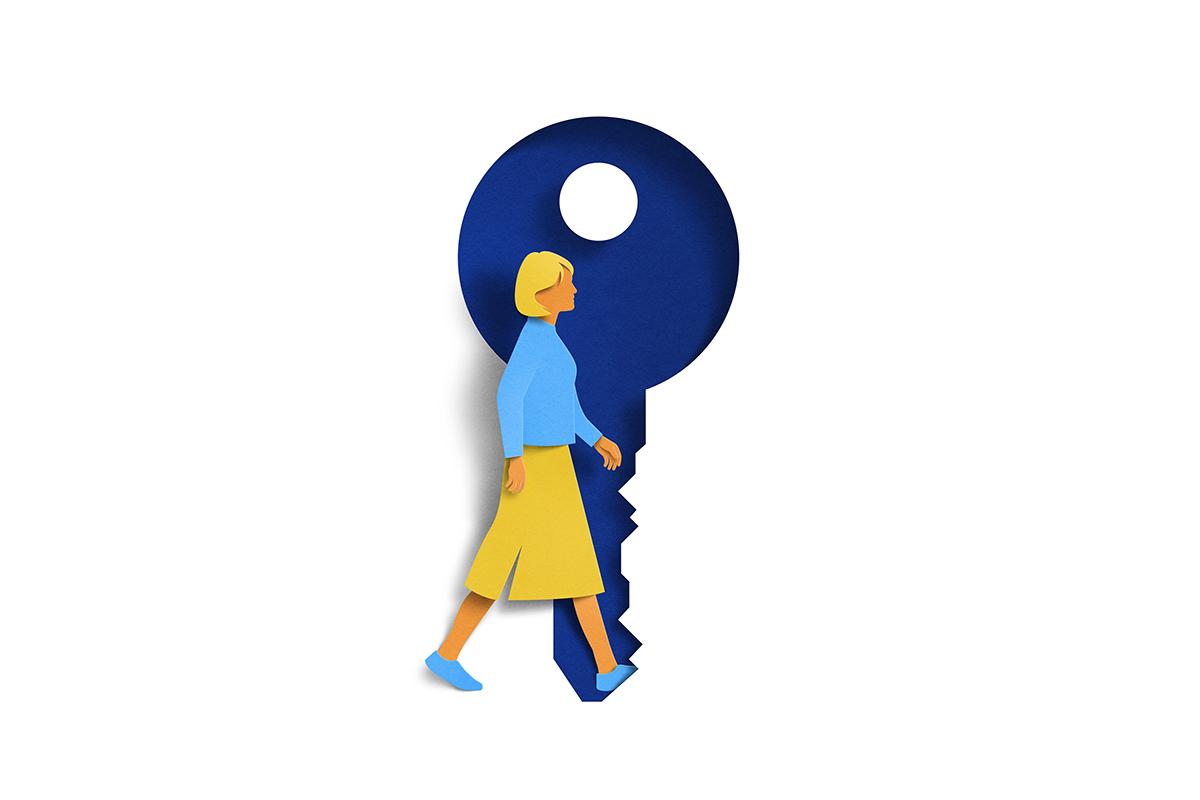Top savings tips for first time buyers
Published April 2024
Updated April 2025
5 minute read


Top savings tips for first time buyers
Published April 2024
Updated April 2025
5 minute read
Published April 2024
Updated April 2025
5 minute read
Setting clear goals
Once you’ve decided that you want to buy a home, it’s important to pause and take some time to reflect on what you’re looking for and what you can realistically afford.
Consider your ideal location, whether that’s in the big city, a cosy suburb or the peaceful countryside. Consider the amenities that matter to you – do you want to live close by to them or keep a bit of distance? What type of home do you want to live in? How much space do you need?
Answering these important questions will help keep your property search focused. This way, you can evaluate what’s available on the market, define your priorities, and set a clear savings goal.

Building your savings pot
When you’re looking to buy your first home, it’s crucial to make sure you have enough savings set aside for a deposit. Having a healthy deposit can help you to find a mortgage with a lower rate which could help to make you a more attractive buyer.
A good way to see how much you can save is by tracking your spending habits. Take the time to review your outgoings to work out how much you can afford to save each pay day and also look for areas where you could cut back to free up more money to grow your deposit. You’ll want to find a home for these savings, too. There are dedicated savings accounts to help first time buyers, such as our First Home Saver. This account is designed especially for first time buyers, you can pay in up to £1,000 a month for 36 months and watch your deposit grow by earning interest on a variable rate. There are some restrictions, including a 60 days' notice period to withdraw any money in the account, but we'll also add a £500 celebratory bonus if you get a mortgage with us.1
Remember, your deposit isn’t all you need to save up for. There will be other fees to consider, such as legal fees, Stamp Duty, valuation fees, mortgage charges and even the cost of hiring a removal van – it all adds up.
Reviewing your credit score
When you’re applying for a mortgage, having a good credit score will work in your favour. It lets lenders know that you’re a reliable borrower and plays a central role in whether you can get a mortgage.
There are three main credit bureaus you can search for online which can provide you with information on your credit score – Experian, Equifax, and TransUnion.
There are also various ways to show lenders that you’re responsible with your finances and improve this rating. You could build your score by keeping on top of your bills and showing consistent debt payments. Even registering to vote can boost your score. By taking these steps, you can ensure you're a step closer to your first home.
Keeping track of your bills
Once you're in your new home, there will be regular costs in addition to your mortgage payment, you'll need to consider and plan for. Managing these bills can come as a shock, especially if you’ve previously been living with family or in rented accommodation where bills were part of the package. Expenses like energy water, the internet, Council Tax and insurance can quickly mount up, so it’s important to calculate these before you buy. By choosing your suppliers carefully, you can make sure your bills are as low as possible.
Also, most homes can be upgraded to boost their energy efficiency and this will cut down your energy bills. Investing some time in learning about energy-efficient home improvements will give you plenty of ideas for making your home less expensive to run.
Applying these savings tips and making a financial plan will help you to successfully navigate the path to homeownership. Visit our Knowledge Centre for more useful tips.
- This product has a 60 day notice period to withdraw funds free from the account. If you need your funds right away, you can make a withdrawal subject to a charge equal to 60 days’ interest. Limited to one account per person.
Related articles:

The cost of being a first time buyer
Find out what costs are involved when buying your first home.


